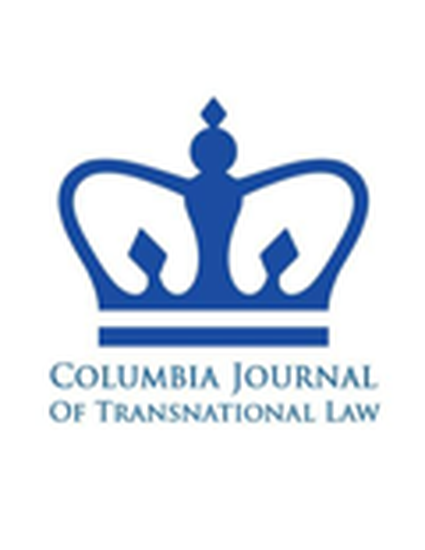
This Article explores how unilateral action to regulate international corporate bribery can serve as a partial substitute for multilateral action. The standard ac-count generally assumes that domestic efforts to com-bat international corporate bribery disadvantage domestic corporations and create a structural impediment to broader multilateral cooperation. This model, however, underestimates the extent to which states can and do regulate international corporate bribery through unilateral action, and in particular, through the enforcement of domestic laws against foreign actors. This Article argues that the extraterritorial enforcement of the Foreign Corrupt Practices Act (FCPA) has created a strong incentive for foreign corporations to comply with anti-bribery norms and that this development mitigates many of the concerns on which corruption theorists have focused. The Article concludes that extraterritorial enforcement of the FCPA provides a powerful motivation for other countries to cooperate in international corruption efforts but that this unilateral enforcement may raise different and equally problematic concerns.
Available at: http://works.bepress.com/william_magnuson/9/
